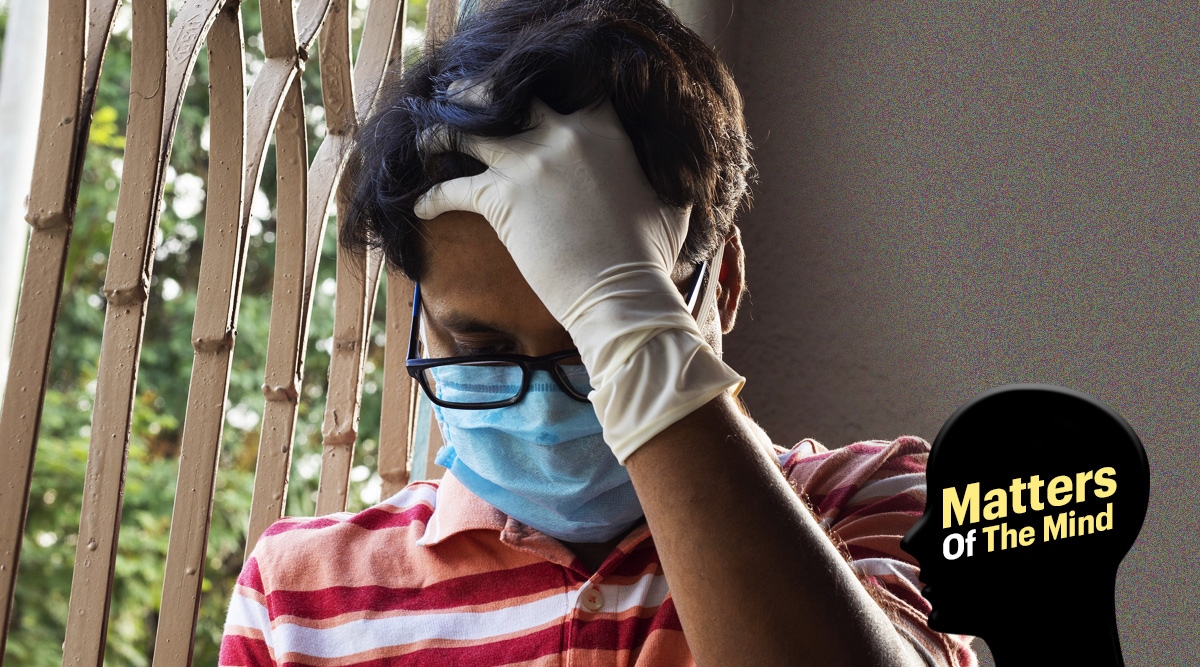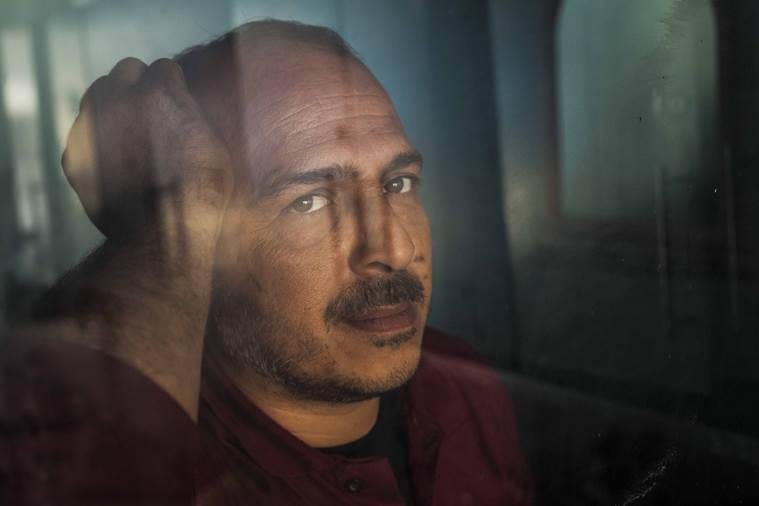In these difficult times, a simple QnA to provide practical solutions to your problems

Part I
In the last few months, I have had people book a different kind of session — a QnA hour, in which the client states they need urgent and practical answers. While there are so many subjectivities involved when it comes to psychology, I recognised that in the last year-and-a-half, a lot of anxiety came from not knowing how to handle so much change in our lives, from confusion of what’s okay and what’s not and from self-doubt regarding being able to cope. So for this week, I decided to collate some commonly-asked questions and my answers based on therapy and experience, but more as an offering of some confidence, clarity and courage.
1. How do we cope with isolation and loneliness during this period?
It’s important to understand loneliness and isolation are two different things. While isolation is keeping someone physically separated or alone — in this case, imperative for infection control — loneliness is a feeling, usually the result of our perception in a situation.
A disconnect and lack of fulfilment with self and others can lead to feelings of loneliness and these need to be addressed. ‘Cognitive errors’ such as assuming your friend does not care for you because she forgot your birthday, rigidly believing it cannot be due to any other reason, or having another break-up thinking you are never going to have a relationship, can lead to loneliness.
2. Anxiety seems to be the new daily hurdle one has to overcome. What is the best way to do that?
While I have written in detail about this in my previous columns, a quick tool to use can be to consciously shift and sustain focus on two things: first, on the now or present moment, and the second, on what you ‘can do’ now and how you can contribute in making today better for yourself.
3. I often feel low, sad and dejected with so much bad news around me. It is so easy to get bogged down. Is there a way to handle this better?
Read news, do not consume it, and certainly do not be consumed by it.
Observe what disturbs you — to the point that it affects your health and functionality — as an SOS. Please avoid being exposed to it. If it causes mild to moderate angst, restlessness or agitation, find a way to suppress that worry and take a small step within your capacity to make a difference.
Sadness comes from the meaning we put to triggers, in this case, news, incidents, events. Try and be conscious of that meaning that makes you ruminate and replace it with more constructive thoughts that lead to constructive actions.
4. There are too many fights at home for various reasons. How do we contain anger around each other?
The biggest favour you can do to your family is to take care of yourself. While some conclude and judge this as selfish, I can provide much evidence that our own past baggage, communication barriers, high need for acknowledgment and demands or expectations are what lead us to be disappointed or angry with family. Invest in self-awareness and commit to self-work before expecting others to change.
Now is a good time to look within and polish up on empathy and flexibility to be able to make the home environment more peaceful.
5. I am concerned about children learning on screens.
I will be honest. Screens are a risk. The content on it, the bigger risk. While there is little we can do at the moment regarding schools and social life on screens, what we need to focus on is content. Key factors in dealing with this premature and over exposure is to teach and guide with content, empower with options for what they can do on screens versus explaining all the don’ts around it. Be prepared for boundaries being crossed, practise patience and consistently coach again. In the words of JK Rowling, “Youth can not know how age thinks and feels. But old men are guilty if they forget what it was to be young.”
I also recommend if children report online fatigue, headaches, nausea, manifest mood swings etc., do give them rest from screens and explore other learning options.

6. Will my child’s social development be impacted?
This has been a common concern for parents as children are not meeting friends, attending school or socialising at all since over a year.
We understand social exposure and the development resulting from it in a fixed and limited way. We believe the only way our children will develop social skills and maturity is in tried and tested or known methods. I believe now more than any other time, children are ‘learning to learn’ and grow in new ways. In living through this pandemic, they are building virtues like empathy, listening, kindness, patience and gratitude. During this global crisis, connecting through universal emotions and relatable experiences, children will eventually learn social skills that many in our generation, despite practically ‘living in our friends’ homes’, unfortunately lack.
7. Work-from-home is draining my energy. How can I manage this effectively?
We have all heard a lot of time, work, goal and task management skills in this period. I am going to suggest a different drill here. On a daily basis, as we juggle and struggle to maintain balance, I recommend we remind and refill the following:
* Courage: The most important thing is to remember courage can be created. It can be thought and felt. In tiny and realistic dosages, build courage to engage with life as it unfolds.
* Compassion: A much-needed ingredient to nourish all our nerves. Be compassionate towards yourself, towards others, and when things do not go as expected or desired.
* Commit: Consciously sow the intention to keep moving forward, staying committed to what we can possibly do best, given the moment and place in life, will not just get us through, but help us adapt and grow.
* Connect: What overwhelms us is our rigidity to get work done in a certain way, to spend time with kids at a certain time, to get acknowledged for what we do and to not make mistakes as we walk this perceived tight rope with a trunk on our heads. These are all erroneous and irrational fantasies we create for ourselves. Release yourself of these.
Connect with your reality and accept its crests and troughs.
(Watch this space for more such QnAs for next week’s column)
For more lifestyle news, follow us: Twitter: lifestyle_ie | Facebook: IE Lifestyle | Instagram: ie_lifestyle
Source: Read Full Article
